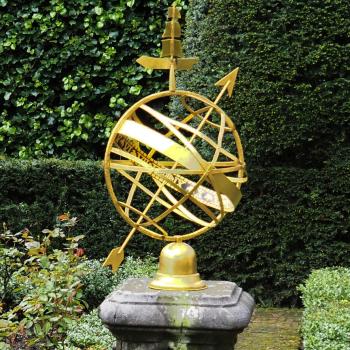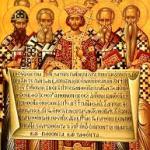If our memories, personalities, and everything else that makes us unique only amount to so much data, then limits exist only in terms of hardware capable of sorting and accessing that information. Nick Bostrum has argued that if humans are ever to gain the ability to download memories in this way, transcending organic human experience and becoming truly post-human, then it is enormously likely that this has already happened, and that we already exist only as a computer simulations--a fate worse than the Brain in the Vat scenario threatened by The Matrix (1999). But if all I am can be digitized, what happens when someone makes a backup? Are there now two of me? And how tenuous has that word "me" become?
Who, then, is human? As soon as we venture an answer, we begin to see how nebulous any useful solution is. Metaphors are easy; definitions hard. Humans are organic (mostly), with a certain biological history (ultimately derived from Earth's primates), and usually a particular shape (graft my brain onto a robot pony, and my claim to being human evaporates). Falling back on the Image of God (Imago Dei) from Genesis 1:27 simply begs the question all over again. Surprisingly, sentience and rationality--the sapiens in homo sapiens--are not that important. Since Alan Turing, we easily imagine that thought occurs in machines, and we all know people who make us doubt that intelligence is universal among humanity.
C.W. Marshall is an associate professor of classical, Near Eastern and religious studies at the University of British Columbia. He is co-editor of Cylons in America: Critical Studies in Battlestar Galactica.




